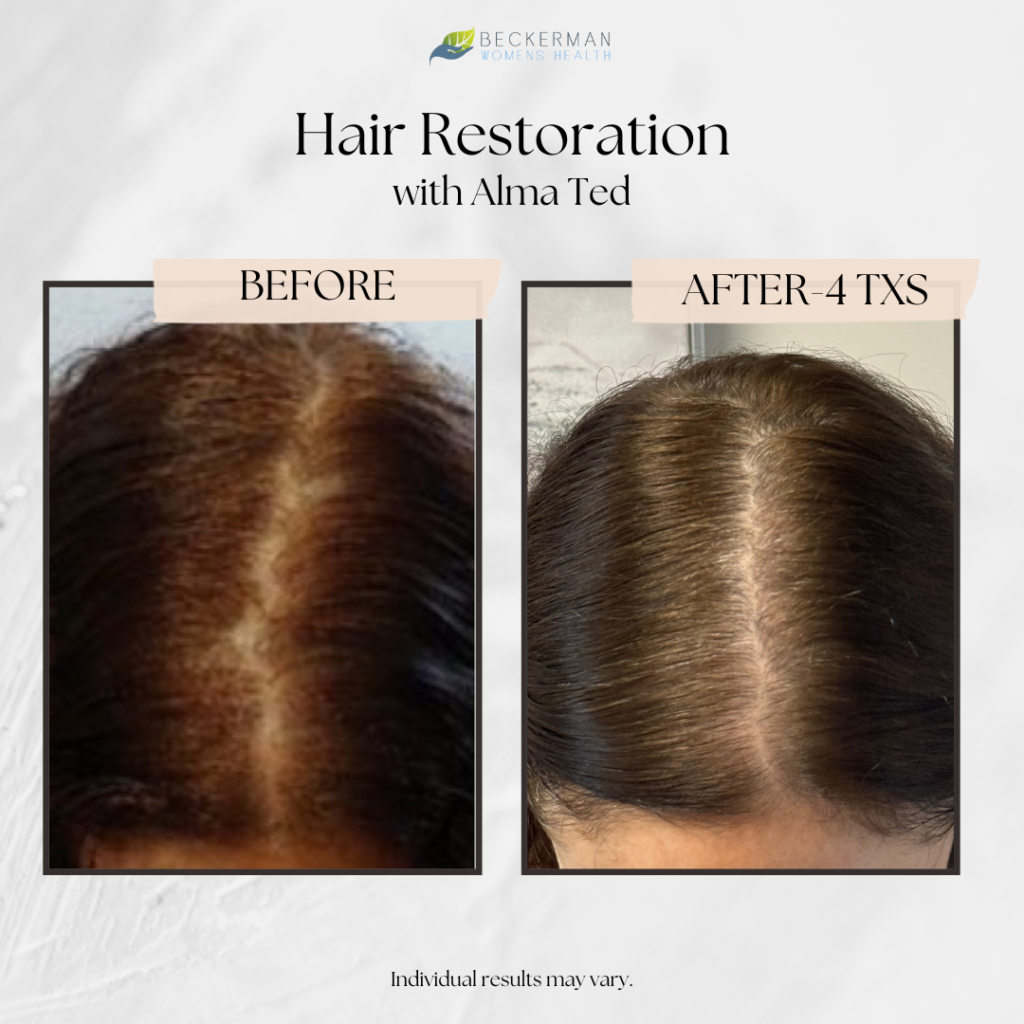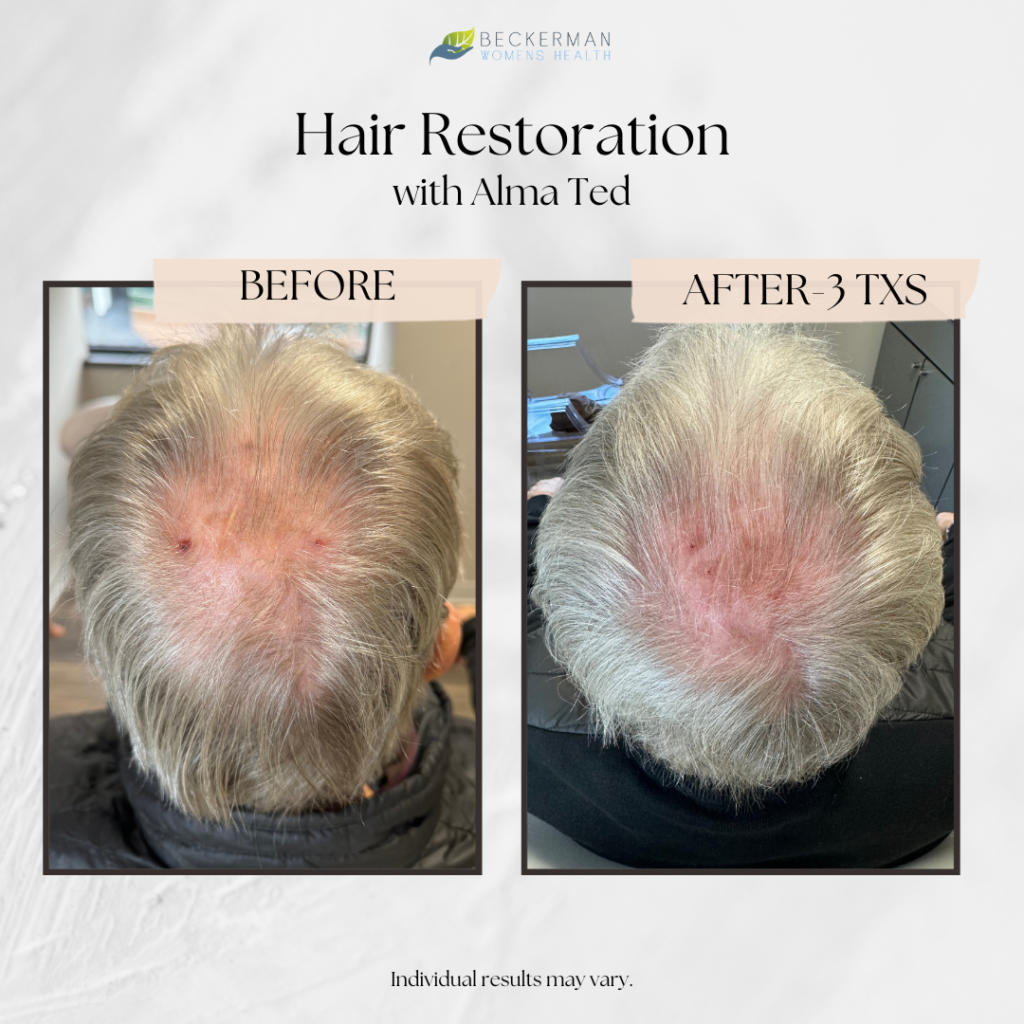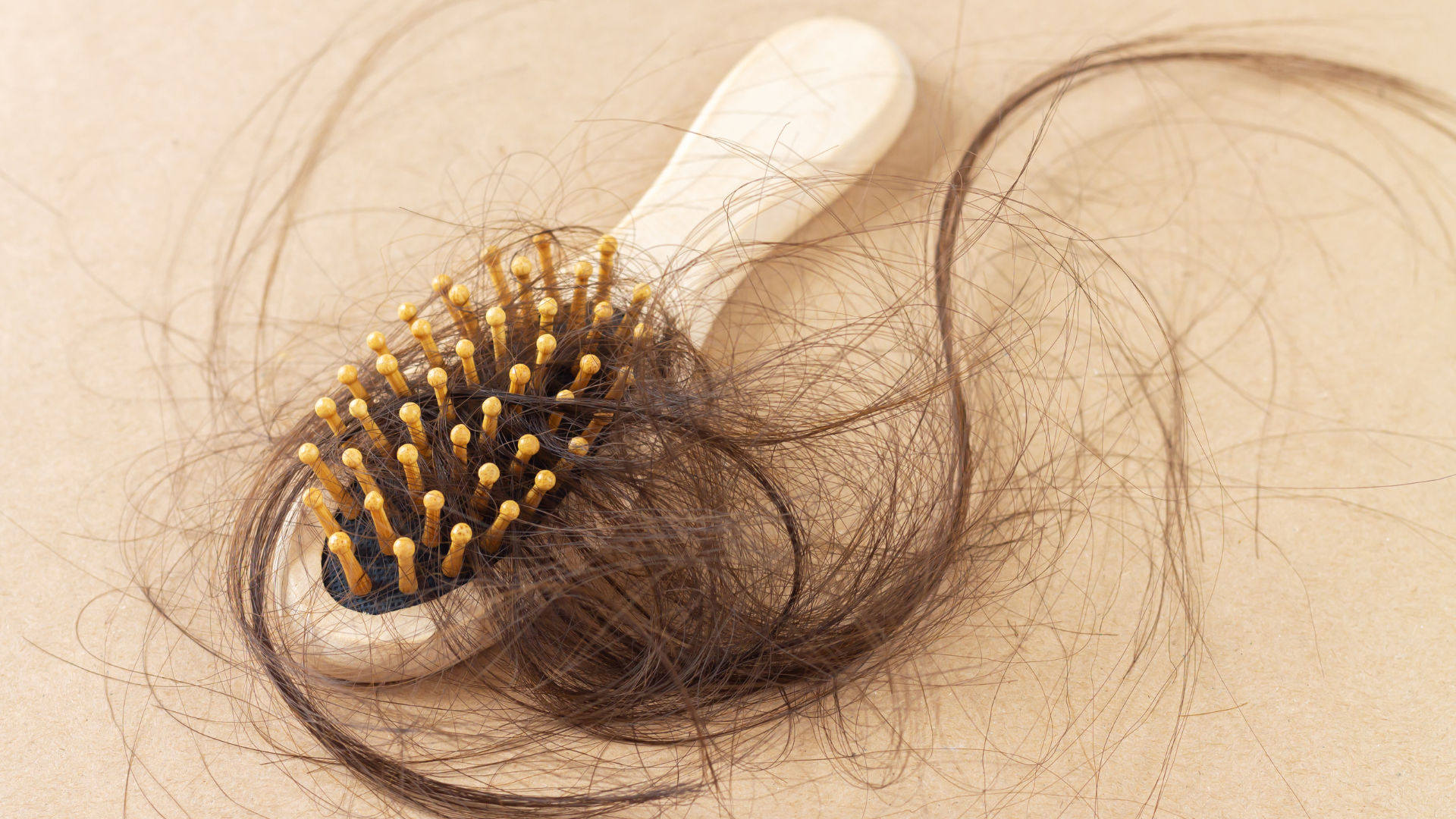Hair loss is a common concern that affects many individuals, both men and women and can have a significant impact on one’s self-esteem and confidence. In this blog post, we will delve into the various causes, triggers, and treatment options for hair loss to provide a comprehensive understanding of this often stressful issue.
Causes of Hair Loss
Hair loss can be attributed to a variety of factors, ranging from medical conditions to lifestyle choices. One of the common causes of hair loss is telogen effluvium, which occurs after a significant body stress such as illness or surgery. Hormonal changes, side effects of medications, and medical illnesses like lupus or thyroid disorders can also contribute to hair loss. Additionally, fungal infections, autoimmune diseases like alopecia areata, and hereditary pattern baldness are among the many factors that can lead to hair loss.
Triggers and Their Emotional Toll
While some may perceive hair loss as a purely cosmetic issue, it is essential to recognize the emotional toll it can take on individuals. Sudden hair loss, in particular, can be emotionally challenging, impacting self-image and confidence. It is crucial to understand that hair loss can be triggered by various medical conditions and treatments, making it important to address both the physical and emotional aspects of the issue.
Treatment Options
Fortunately, there are a variety of nonsurgical treatment options available for individuals experiencing hair loss. From at-home remedies to prescription medications and procedural interventions, there are various approaches to managing and potentially regrowing hair.
At-home treatments such as using products like Minoxidil (Rogaine) or laser therapy devices can help stimulate hair growth and prevent further loss. It is important to know however that Minoxidil will only support hair growth while you are using the medication and once stopped hair loss will return. Laser devices including caps and combs while effective for some are not successful in regrowing hair for all. In-office procedures like microneedling with Platelet Rich Plasma (PRP) or steroid injections can also be effective in promoting hair regrowth.
New developments include the use of a more potent growth factor-rich product pulled from your own blood called Platelet Rich Fibrin Matrix (PRF) as well as a more purified stem cell product from human sources. Some of these products are FDA-approved for topical use and there is promising research that supports their success. Prescription medications like Propecia and Spironolactone are tailored towards addressing specific types of hair loss and hormonal triggers. Additionally, supplements and vitamins aimed at promoting healthy hair follicle growth and turnover can play a role in combating hair loss.
Moving Forward with Hair Restoration
As advancements in the field of hair restoration continue to evolve, there are promising opportunities for individuals seeking solutions for their hair loss concerns. From innovative technologies to personalized treatment plans, the landscape of hair restoration services is constantly expanding. Providers like Beckerman Women’s Health offer a range of services, including Nutrafol, microneedling, and consultations tailored to individual needs. Our newest technology is the Alma TED device which painlessly uses ultrasound technology and air to help nutrient-rich serums penetrate the scalp.


Conclusion
Understanding the causes, triggers, and treatment options for hair loss is crucial in navigating this common yet complex issue. By exploring the various factors contributing to hair loss alongside a medical provider who is informed about the available treatment options, individuals can take proactive steps towards addressing their hair loss concerns.
Ready to learn more about Alma TED or our other hair restoration options? Please call to schedule a consultation.



